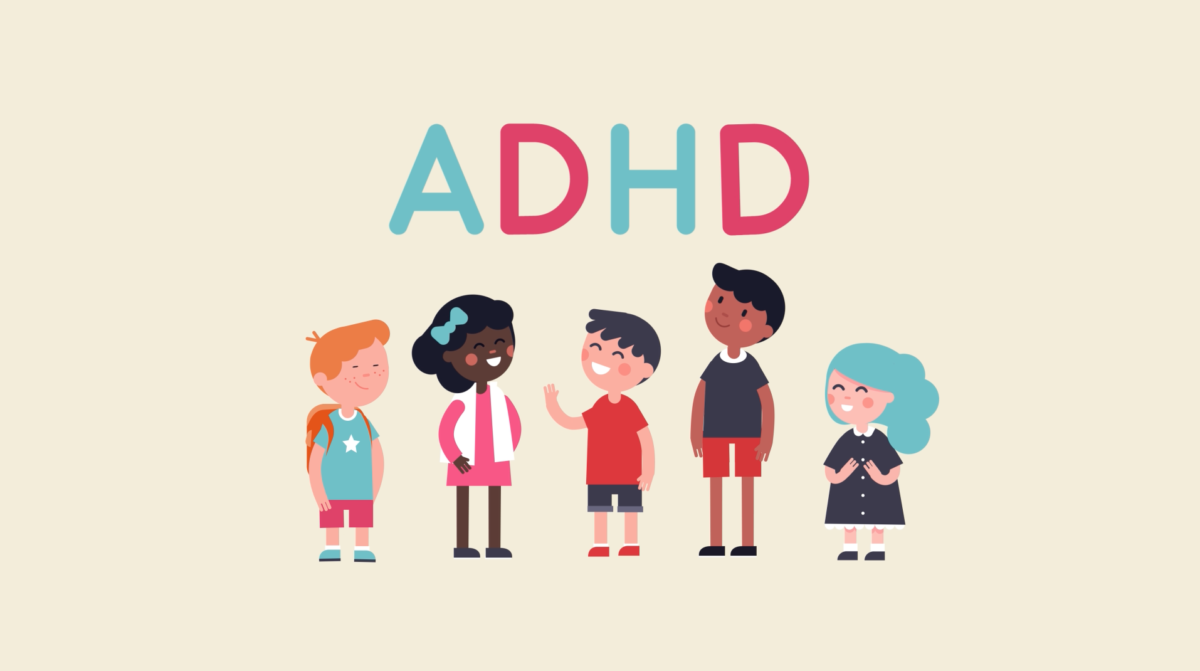Benefits Of Behaviour Management Training

Behaviour management training is a type of professional development that helps educators and other professionals learn strategies for effectively managing the behaviour of children or adults in their care. The goal of behaviour management training is to promote positive behaviour and create a safe, orderly, and supportive learning environment.
Behaviour management training typically covers a range of topics, including how to establish clear rules and expectations, how to give positive reinforcement and consequences, and how to handle misbehaviour calmly and consistently. Participants may also learn about different behaviour modification techniques, such as positive reinforcement, punishment, and extinction.
Behaviour management training may also focus on helping professionals understand and address the underlying causes of difficult behaviour, such as trauma, stress, or learning disabilities. This can involve teaching skills such as empathy, active listening, and problem-solving.
Behaviour management training may be offered through schools, professional development organizations, or online. It can be provided to educators, social workers, counsellors, and other professionals who work with children or adults in a variety of settings, including classrooms, group homes, and healthcare facilities. Overall, behaviour management training is an important tool for professionals who want to create a positive and supportive learning environment and promote positive behaviour in the people they serve. By learning effective strategies for managing behaviour, professionals can help create a more positive and constructive environment, which can lead to improved learning outcomes and overall well-being.
Behaviour management training can provide a range of benefits for educators and other professionals who work with children or adults. Some of the potential benefits of behaviour management training include:
Improved classroom management:
By learning effective behaviour management strategies, professionals can create a more positive and productive learning environment, which can lead to better learning outcomes and fewer disruptions. This may involve establishing clear rules and expectations, using positive reinforcement to encourage desirable behaviour, and providing appropriate consequences for misbehaviour.
Greater ability to handle difficult behaviours:
Behavior management training can help professionals develop the skills and confidence to effectively address misbehaviour and address the underlying causes of difficult behaviour. This may involve techniques such as setting limits, providing positive reinforcement, and using punishment or extinction to decrease undesirable behaviour.
Enhanced relationship-building skills:
Many behaviour management techniques, such as positive reinforcement and active listening, can help professionals build stronger relationships with the people they serve. By showing empathy, listening actively, and providing support, professionals can foster a positive and supportive relationship that can help prevent difficult behaviours from occurring.
Increased job satisfaction:
Professionals who feel equipped to effectively manage behaviour in their classrooms or workplaces may experience increased job satisfaction and a greater sense of accomplishment. This can be especially important in challenging or stressful environments, where effective behaviour management can make a big difference.
Improved well-being:
By creating a positive and supportive environment, behaviour management training can contribute to the overall well-being of the people being served, as well as the professionals who work with them. A safe and nurturing environment can foster a sense of belonging and well-being, which can have a positive impact on mental health and overall functioning. See you for more information to ehome.wiki website.
Reduced stress:
Effective behaviour management can help reduce stress for both the professionals and the people they serve. By creating a positive and predictable environment, professionals can feel more in control and less overwhelmed, while those being served may feel more secure and less anxious. This can be especially important in challenging or stressful environments, where difficult behaviour can add to the burden.
Improved social skills:
Some behaviour management techniques, such as role-playing and social skills training, can help people develop important social skills that can improve their relationships and interactions with others. These skills can include communication, empathy, problem-solving, and conflict resolution, which can be beneficial in a variety of settings.
Enhanced teamwork:
By creating a positive and supportive environment, behaviour management training can foster teamwork. And collaboration among professionals. Which can lead to more efficient and effective outcomes. This can be especially important in settings where. Professionals need to work together to achieve shared goals.
Increased retention:
By promoting a positive and supportive learning environment, behaviour management. Training can help improve the retention of information and skills. Which can lead to better learning outcomes. When people feel safe, supported, and engaged, they may be more. Likely to retain what they are learning and apply it in meaningful ways.
Enhanced professional reputation:
Professionals who are skilled at managing behaviour may be seen. As more competent and effective in their work, which can enhance their reputation and professional standing. This can be especially important for educators, who may be judged on. Their ability to create a positive and productive learning environment. By demonstrating their expertise in behaviour management, professionals. May be able to build credibility and trust with their colleagues, students, and clients.
In conclusion, behaviour management training also called behaviour skills training can provide a range of benefits for educators and other professionals who work with children or adults. By learning effective strategies for managing behaviour, professionals can create. A more positive and productive learning environment, which can lead to improved learning. Outcomes and overall well-being. Behaviour management training can be potentially more beneficial for industries. Dealing with hospitability like hotel management, air hostess and stewards, etc.
Behaviour management training can also help professionals develop. The skills and confidence to effectively address misbehaviour and address the underlying causes of difficult behaviour. This can involve techniques such as setting limits, providing positive reinforcement, and using punishment or extinction to decrease undesirable behaviour. By showing empathy, listening actively, and providing support. Professionals can also build stronger relationships with the people they serve, which can help prevent difficult behaviours from occurring.
In addition to these benefits, management training can also help reduce stress, improve social skills, foster teamwork. And collaboration, increase retention of information and skills, and enhance professional reputation. Overall, behaviour management training is an important tool for professionals. Who want to create a positive and supportive learning. Environment and promote positive in the people they serve.









